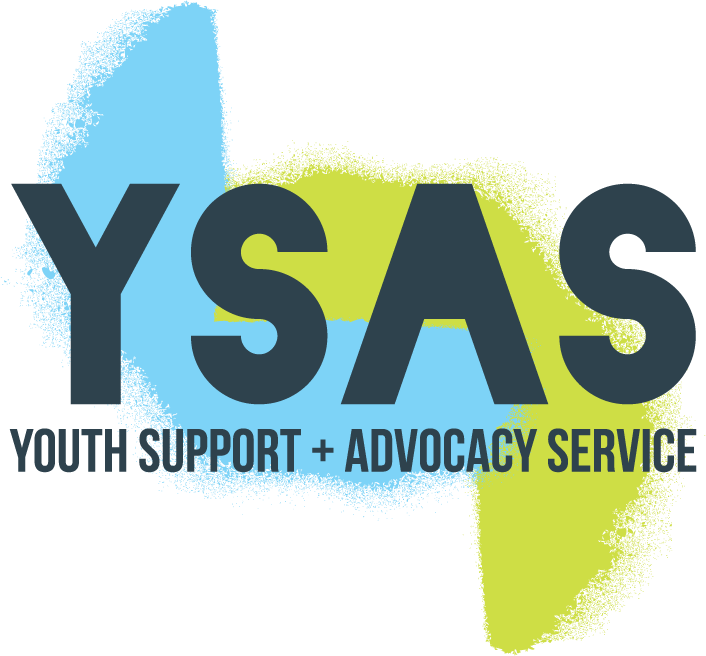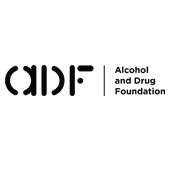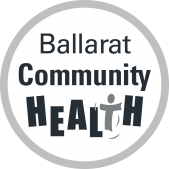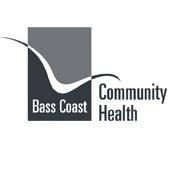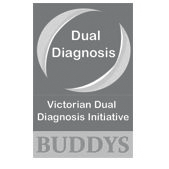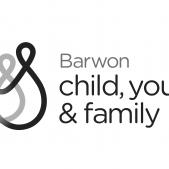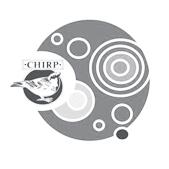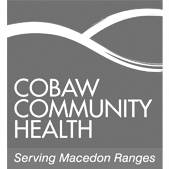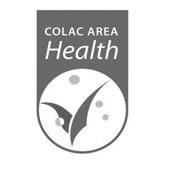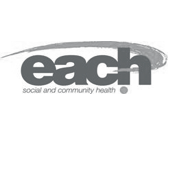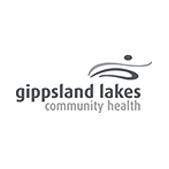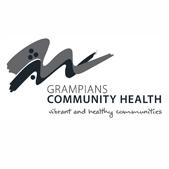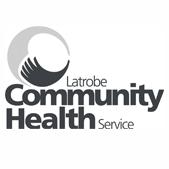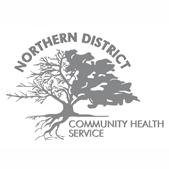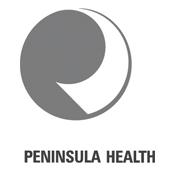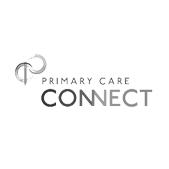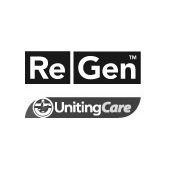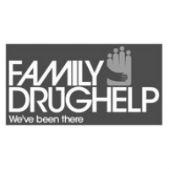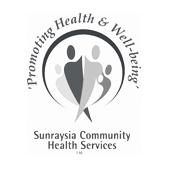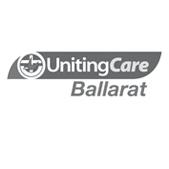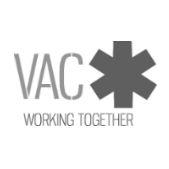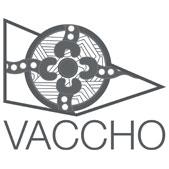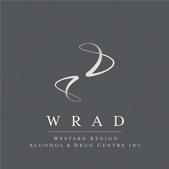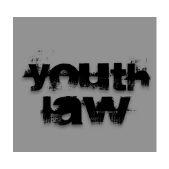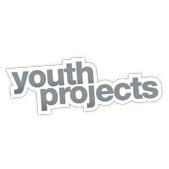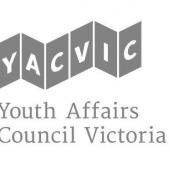Self-directed help
Back to Articles
Support Options for Young People
Long-term residential support/ Rehabilitation
Rehab and supported drug-free housing have long been traditional AOD services. How do these support types operate in a youth context and who is best suited for this type of support?
WHAT IS LONG-TERM RESIDENTIAL SUPPORT?
Long-term residential support includes residential rehabilitation. This support type provides group, drug-free accommodation for up to six months. Structured activities are offered daily for young people attempting to address their use of drugs or alcohol in a significant way.
Long-term residential support can also include supported accommodation, whereby young people live more independently in the community, usually in rental accommodation, but still participate in a program of tailored support.
WHAT INTERVENTIONS ARE OFFERED THROUGH LONG-TERM RESIDENTIAL SUPPORT?
-
AOD counselling
-
Community as therapeutic vehicle
-
Primary health care and health education
-
Activity-based therapeutic programming
-
Life skills programming
-
Motivational interviewing
-
Foundational counselling
-
Behavioural and other psychosocial interventions
-
Peer support
-
Supported referral and linkages
-
Secondary consultation about other services
WHICH YOUNG PEOPLE ARE BEST SUITED TO LONG TERM RESIDENTIAL SUPPORT?
Long-term rehabilitation requires the young person to live away from their regular circumstances for an extended period. It is best suited to young people:
-
With high or severe AOD use
-
Disconnected from school and employment opportunities
-
With high levels of family conflict
-
Who have attempted less restrictive support options.
Supported accommodation involves living semi-independently. It is best suited to young people who:
-
Are able, or who are learning, to manage their substance use without the need for intensive support
-
Have some basic independent living skills
-
Are unable to otherwise access stable accommodation.
Contact YoDAA (1800 458 684) is you wish to find a service near you.




